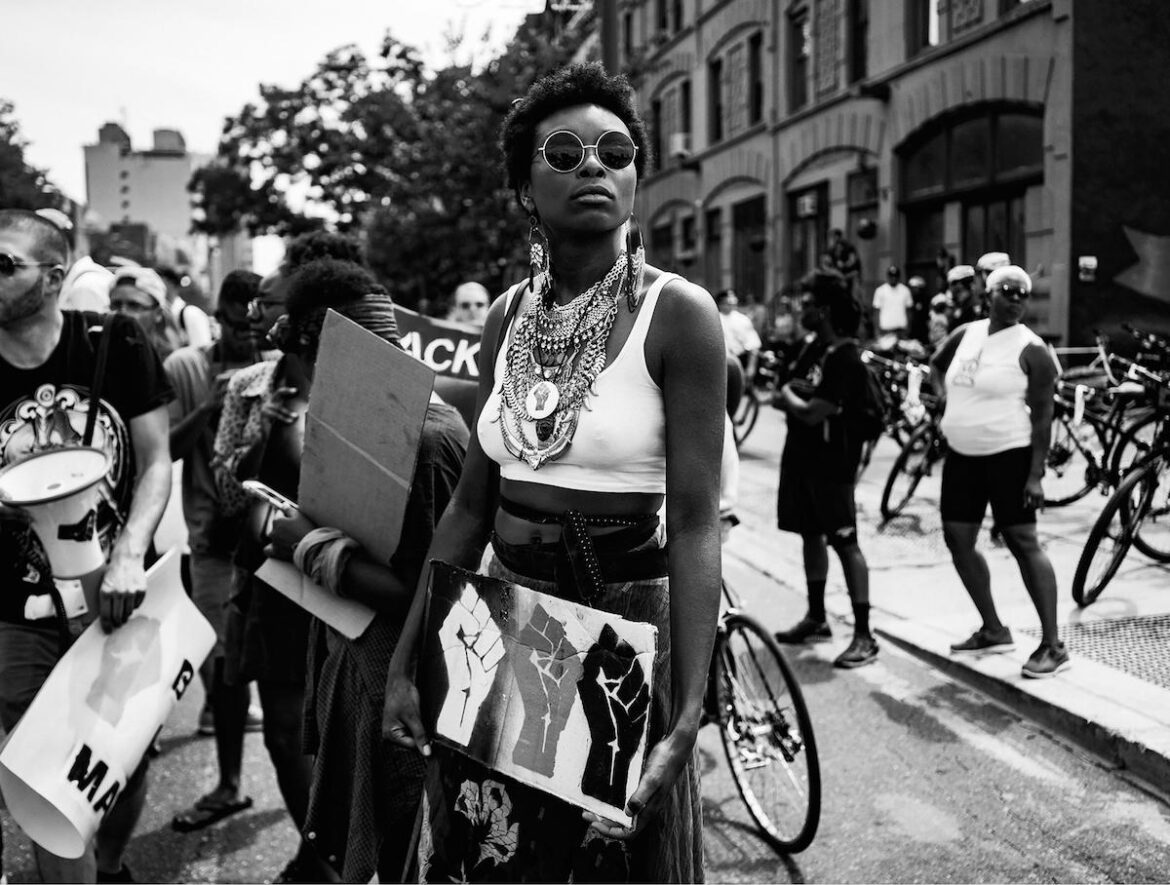In our contemporary landscape, the phenomenon of protest has emerged as a vivid tapestry woven with threads of discontent, hope, and a collective yearning for justice. These movements offer a cacophony of voices clamoring for change, echoing through the streets of vibrant cities and quiet towns alike. As Christians, it is imperative to engage with these movements, to discern their underlying purposes and implications through a discerning and faith-informed lens.
The tumultuous nature of modern protests can be likened to a fervent tide, rising and falling with the undercurrents of societal dismay. Often, these tides are fueled by inequalities that prompt individuals and groups to rise in solidarity. Issues of racial injustice, environmental degradation, economic disparity, and gender inequality frequently serve as catalysts, propelling people into the streets. Each protest is a visceral representation of a collective cry for recognition—an urgent entreaty echoing the biblical call for justice: “Let justice roll down like waters, and righteousness like an ever-flowing stream” (Amos 5:24).
To fully comprehend the complexity of modern movements, one must first investigate the sociopolitical landscape from which they emerge. The digitalized age has augmented the speed and reach of information, allowing grievances to spread like wildfire across social media platforms. This progression has transformed the nature of activism, forging connections among individuals who may never have crossed paths otherwise. As Christians, the call to community resonates profoundly in this setting. The Apostle Paul’s message of unity and the body of Christ becoming one (1 Corinthians 12:12-27) finds its reflection in the solidarity exhibited during protests.
Beyond the immediate sociopolitical issues at play, it is essential to explore the spiritual and moral dimensions of these movements. Protest can serve as a conduit for a broader theological discourse on justice, mercy, and righteousness. The human heart’s disposition, tainted by sin, often inclines toward selfishness and systemic injustice. As such, the movements we witness today can be understood as both a socioeconomic response to contemporary issues and a profound, albeit strained, attempt to reclaim our moral compass.
Take, for instance, the global climate strikes. These protests advocate not only for a sustainable environment but resonate with the biblical principle of stewardship. The call to care for creation finds its roots in Genesis 2:15, where humanity is tasked with tending to the garden. Thus, concerns for environmental sustainability can be viewed as a form of protest against a disregard for divine creation—an urgent plea echoing through the firmament to awaken our collective conscience.
Furthermore, the movements advocating for racial justice ascend from the same roots of awareness and compassion outlined in Scripture. They denote an acknowledgment of the “Imago Dei”—the belief that all humans are made in the image of God (Genesis 1:27). The current wave of protests, seen in the Black Lives Matter movement, confronts systemic racism and challenges the moral integrity of a society that seeks to uphold values of equality and justice. As Christians, the invocation of love and empathy in the face of racial disparities reinforces a call to action grounded in the gospel’s radical inclusivity.
Protests pulsate with raw emotion, revealing a spectrum of human experiences that are often overlooked in the soap operas of politics. They serve as a stage for personal stories—tales of struggle and resilience that punctuate the abstract discussions around law and policy. Evangelical perspectives urge believers to listen to these stories, fostering a deeper understanding of the pain that fuels the protests. Stories become a bridge to empathy, allowing for an enriched dialogue that transcends division.
This listening component echoes the biblical tenet of bearing one another’s burdens (Galatians 6:2). Recognizing the narratives behind the movements leads to a more compassionate stance that transcends mere agreement or dissent. It involves engaging with the rich tapestry of humanity, acknowledging our differences while celebrating our common quest for justice.
Yet, it is also crucial to recognize the potential pitfalls. The fervor of protest can sometimes overshadow the message itself, leading to chaos and disillusionment. Christians are called to navigate this landscape with discernment, seeking the Holy Spirit’s guidance to prioritize peace while passionately advocating for change. This balance reflects the biblical exhortation to be “wise as serpents and innocent as doves” (Matthew 10:16).
As witnesses to these contemporary movements, Christians are presented with a unique opportunity to embody love, justice, and truth in action. The protests that unfold in our world are not just sociopolitical phenomena; they are pivotal moments for the Church to act as agents of transformation. Engaging with communities in meaningful dialogue, offering support, and standing in solidarity with those yearning for justice exemplify the heart of Christ in action.
In conclusion, understanding the essence of modern protests through a Christian framework reveals a profound confluence of faith and social engagement. Protest is not merely about what is wrong; it is also about what can be made right. It is a reminder of the collective human experience intricately woven with the divine call for righteousness and peace. As Christians, we are called to navigate these turbulent waters with empathy, compassion, and unwavering conviction, so that we may contribute to the unfolding narrative of justice in a world yearning for restoration.



